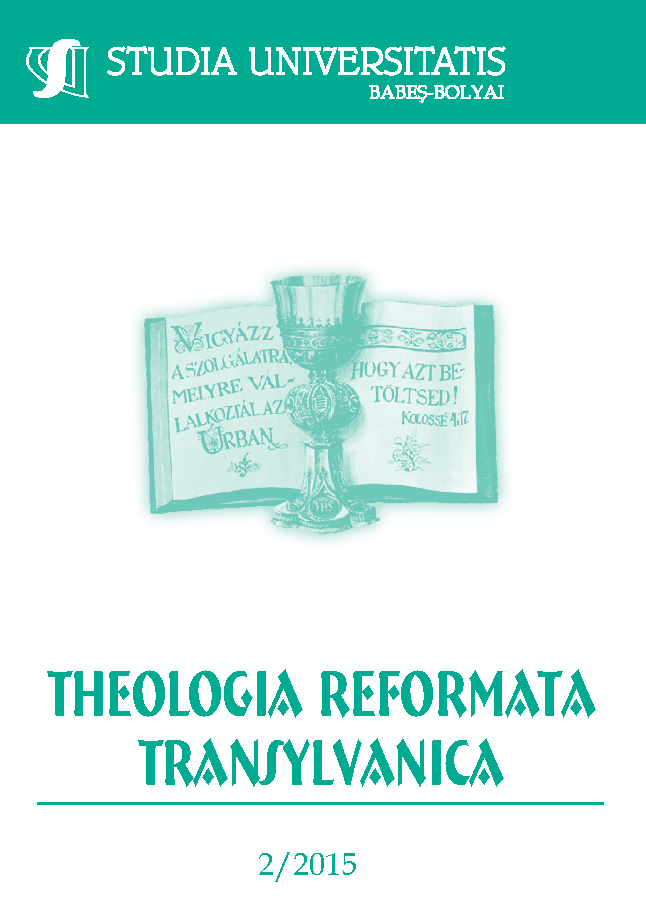A pozitív érzelmek spirálhatása az egészségmegőrzés szempontjából
Keywords:
reflection, positive emotions, health, well-being.References
ASPINWALL L. G. (1998): Rethinking the role of positive affect in self-regulation. Motivation and Emotion, 22., 1–32.
BROWN, K.W., & RYAN, R.M. (2003): The benefit of being present: Mindfulness and its role in psychological well-being. Journal of Personality and Social Psychology, 84, 822-848.
DECI, E. L. & RYAN R. M. (2002): The what and why of goal pursuits: human needs and the self determination of behaviour. Psychological Inquiry, 11, 4, 227-268.
DIENER, E. - LARSEN, R. J. (1993): The experience of emotional well-being. In. LEWIS, M. - HAVILAND, J. M. (szerk.): Handbook of Emotions..Guilford Press, New York, 405–415.
FREDRICKSON B. L. –JOINER T. (2002): Positive emotions trigger upward spirals toward emotional well-being. In. Psychological Science, 2. 172– 175.
FREDRICKSON B. L.- MANCUSO, R. A.- BRANINGAN C.- TUGADE, M. M. (2000): The undoing effect of positive emotions. In. Motivation and Emotion, 4. 237–258.
FREDRICKSON, B. L. - LEVENSON, R. W. (1998): Positive emotions speed recovery from the cardiovascular sequelae of negative emotions. In: Cognition and Emotion, 2. 191–220.
FREDRICKSON, B.L.(2002): Positive emotions. In. SNYDER C.R. - LOPEZ S. J. (Eds.), Handbook of positive psychology. Oxford University Press. Oxford.
KOLB, D. A. - FRY, R. (1975): Towards an applied theory of experimental learning. In. C. R. Cooper (Ed.): Theories of group processes, Wiley, New York, 33-58.
KORTHAGEN, F. - VASALOS, A. (2008): “Quality from within” as the key to professional development. Paper presented at the Annual Meeting of the American Educational Research Association March, New York, 4.
KORTHAGEN, F. A. J. - VASALOS, A. (2010): From reflection to presence and mindfulness: 30 years of developments concerning the concept of reflection in teacher education. In. N. Lyons (Ed.): Handbook of reflection and Reflective Inquiry, Springr, New York.
KULCSÁR Zsuzsanna (2009): Trauma feldolgozás és vallás. Trefort Kiadó, Budapest. MEIJER, P.C.- KORTHAGEN, F.A.J., - VASALOS, A. (in press): Supporting presence in teacher education: The connection between the personal and professional aspects of teaching. In. Teaching & Teacher Education.
OLÁH Attila (2004): Mi a pozitívuma a pozitív pszichológiának? In. Iskolakultúra. 11. 42.
REICHARDT Melinda (2009): Miért hasznosak a pozitív érzelmek iskolai környezetben? In. Iskolakultúra 9.
SHELDON, K. M., WILLIAMS, G. & JOINER, T. (2003): Self -determination theory in the clinic: motivating physical and mental health. CT, Yale University Press, New Heaven, 56.
SOLOMON, R. L. (1980): The opponent-process theory of acquired motivation: The costs of pleasure and benefits of pain. In. American Psychologist, 35, 691–712.
Downloads
Published
How to Cite
Issue
Section
License
Copyright (c) 2015 Studia Universitatis Babeș-Bolyai Theologia Reformata Transylvanica

This work is licensed under a Creative Commons Attribution-NonCommercial-NoDerivatives 4.0 International License.






